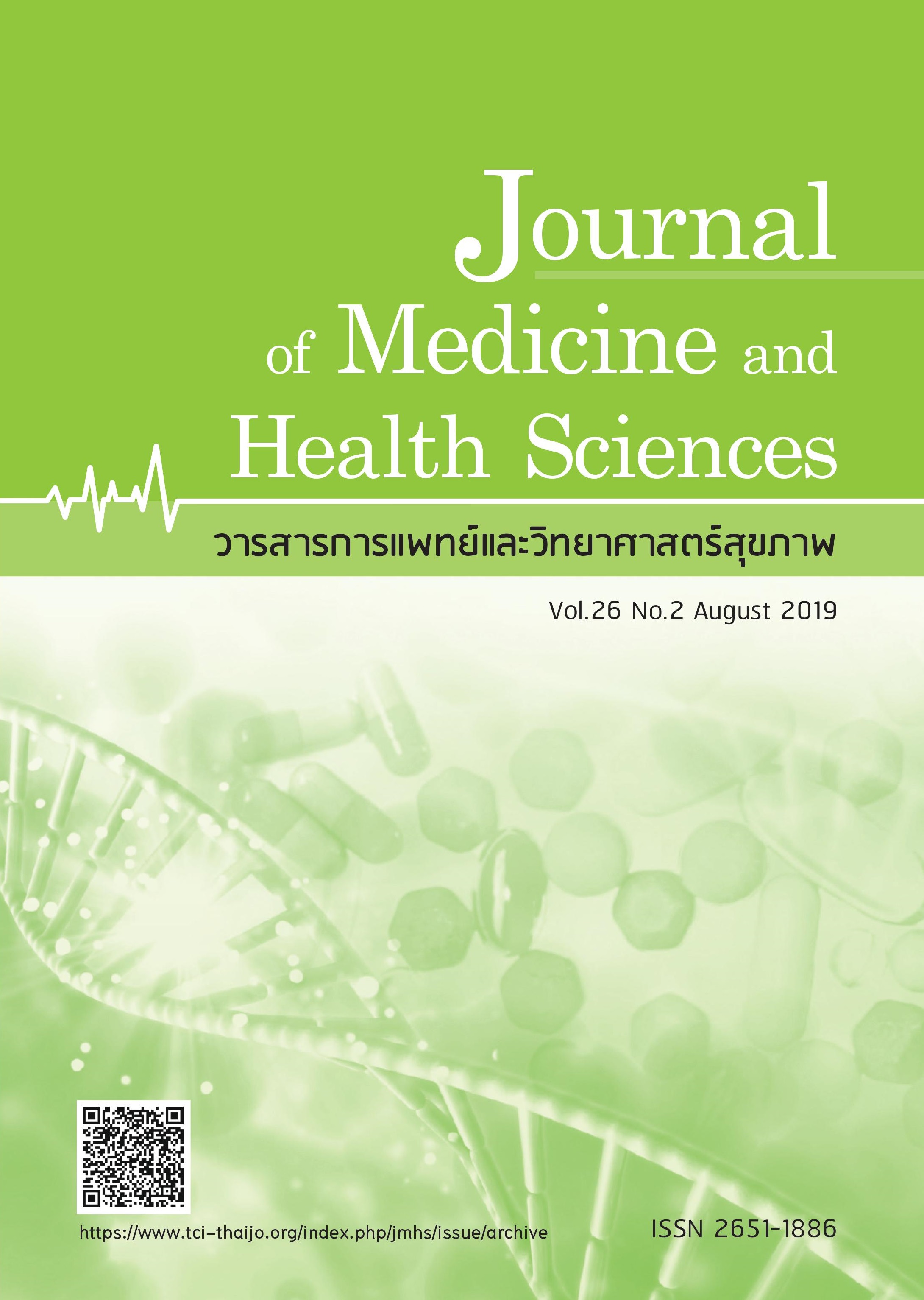Regulation of human fructose-1,6-bisphosphtase gene expression by cAMP, dexamethasone and PPAR-α in HepG2 Cells
Keywords:
fructose-1,6-bisphosphatase, gluconeogenesis, hormonal regulation, transcription, peroxisome proliferator-activated receptor-α (PPARα)Abstract
Abstract
Fructose-1,6-bisphosphatase-1 (FBP1) catalyzes the conversion of fructose-1,6- bisphosphate to fructose-6-phosphate which is a crucial intermediate in gluconeogenesis in liver. Aberrant expression of FBP1 can result in diabetes in animal models and human. Here we investigated the stimulatory effect of various ligands i.e., forskolin, dexamethasone, all-trans retinoic acid and peroxisome proliferator activated receptor-α agonist, WY-14643, on the abundance of human FBP1 mRNA in HepG2 cells. Exposure of HepG2 cells with forskolin, dexamethasone or all-trans retinoic acid did not affect expression of human FBP1 mRNA expression while treatment of HepG2 cells with 0.2 mM WY-14643 for 48 h and 72 h resulted in 2-fold increase of FBP1 mRNA concomitant with increased expression of phosphoenolpyruvate carboxykinase and glucose-6-phosphatase. Furthermore, combined treatment of WY-14643 with dexamethasone further increased the expression of FBP1 mRNA. Nucleotide sequence analysis of human FBP1 gene revealed the presence of binding site for PPAR-α (PPRE) which mediates WY-14643 response, located at nucleotides -358/-346 and -212/-198. We next investigated the mechanism by which WY-14643 activates FBP1 expression by constructing the reporter plasmid consisting of luciferase gene driven by FBP1 promoter or mutant lacking PPRE. These constructs were then transfected into HepG2 cells following treatment with or without WY-14643, and the luciferase activity was measured. The results showed that WY-14643 increased luciferase activity in cells transfected with wild type FBP1 promoter while it did not affect luciferase activity in cells transfected with FBP1 promoter lacking PPRE. This result indicates WY-14643 exerts its stimulatory effect through PPRE in the promoter of FBP1 gene.



